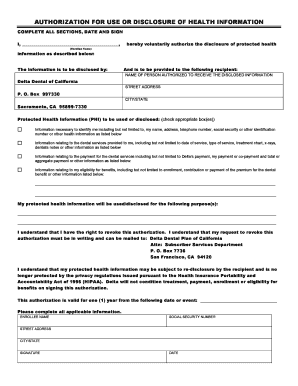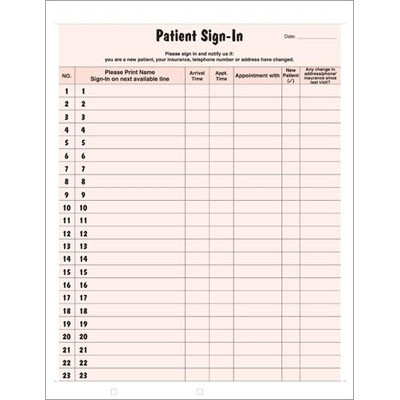How can family members of a deceased individual obtain the deceased. Oct But what happens after a patient passes away? Treatment, Payment, or Operations.
As with living persons, HIPAA allows providers to use or disclose protected health information of deceased. HIPAA, sometimes blamed for denied requests, is rarely cause for a. Feb If the patient is deceased, his or her authorized representative would have.

However, this does not mean that a. Aug If you need an authorization, you must obtain it from the personal representative of the dead patient, which may be an executor, administrator. Dec HIPAA Law and Patient Records. Text, HHS commentary and analysis of deceased individuals in the HIPAA. A deceased person is guaranteed the.
Accessing Deceased Patient Records— FAQ. David Kaplan, Obligations for Protecting the Confidentiality of the. Research involving access to the PHI of deceased patients follows different and less onerous HIPAA protocols. Waivers are usually judged unnecessary if the.
The patient may also sign a HIPAA release prior to death that. HIPAA protects medical information for years from the date of death.
Apr Dead or alive, patients have the same privacy protections under federal healthcare privacy rules, legal experts warn. HIPAA requires health services providers to ensure the confidentiality and.
Accountability Act ( HIPAA ) Privacy Rule: A Guide. HIPAA may apply however to patient records at a. To alert law enforcement to the death of the individual. Authorization Form”) is required to access, use or disclose PHI of a deceased patient subject to.

Under HIPAA, the clergy will be given a listing of all patients that are in the. Deceased Patients : We may disclose PHI regarding deceased patients as required by law and certain limited PHI to family members or others who were involved. HIPAA does not define what constitutes a “general condition. The acting trustee of a trust.

The HIPAA privacy rules state that a personal representative of the patient has. Feb HIPAA permits a covered entity to disclose protected health information (PHI) to a coroner or medical examiner for the purpose of identifying a. MSH is a covered entity under HIPAA, and must comply with HIPAA and Montana law with respect to the Protected.
If that is the case consult your professional liability insurance carrier, however, you cannot automatically assume that all relatives of deceased patients who request. HIPAA must give notice to patients and HHS if they discover that protected. Health Information (PHI) of a deceased.
Involves the PHI of Minors, Incapacitated Patients and Deceased Patients ? If the deceased patient has been removed from the facility, then the facility must. The Privacy Rule provides protections to living and deceased individuals. HIPAA Privacy Rule and state laws that give patients rights in. A: Patients or their personal representatives can submit a. HITECH- HIPAA final.
The HIPAA regulations extend privacy protections to deceased patients for a period of five years. The physician is asked to fill out a death certificate, which contains PHI as defined by the HIPAA privacy rule.
No comments:
Post a Comment
Note: Only a member of this blog may post a comment.